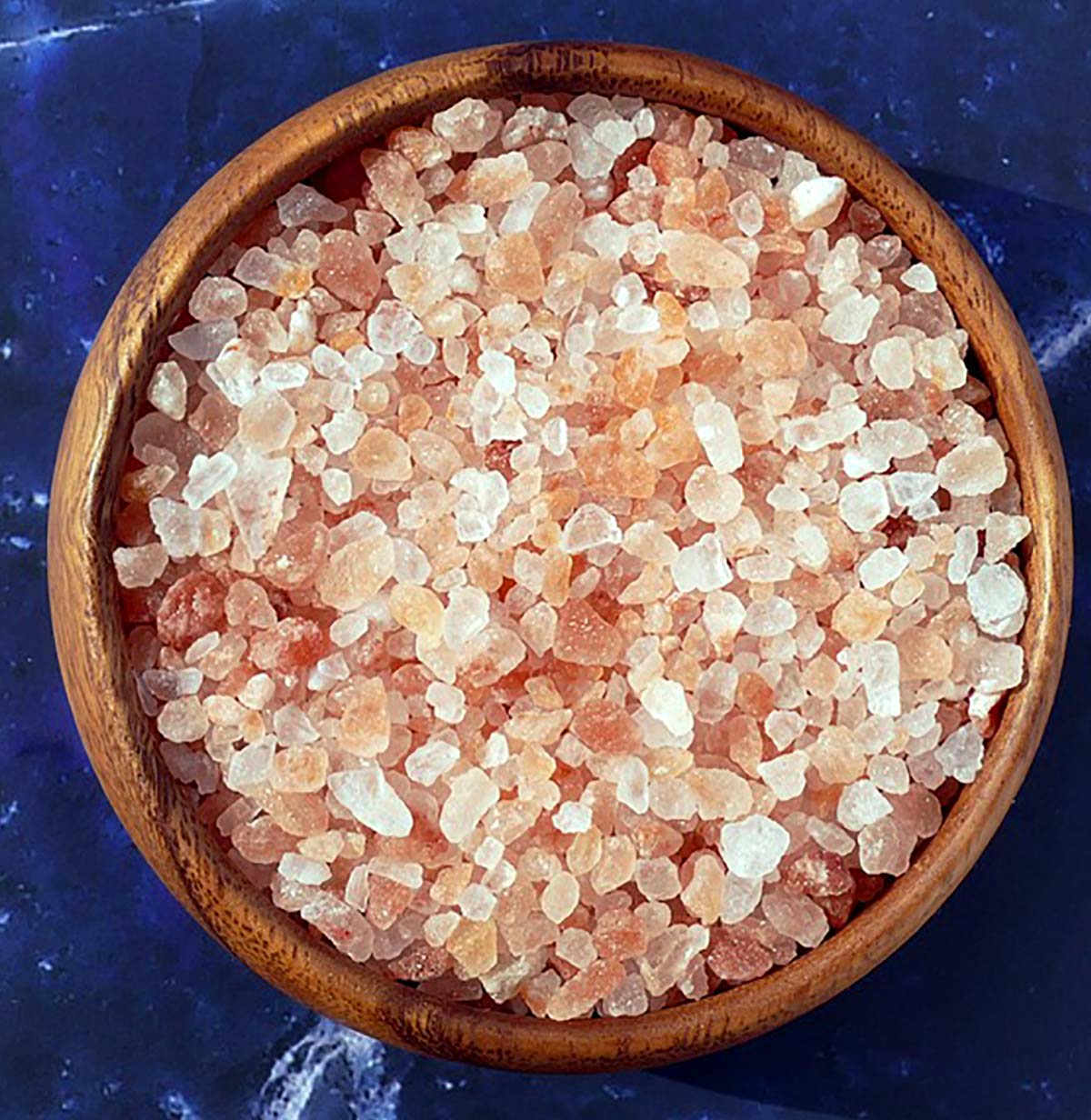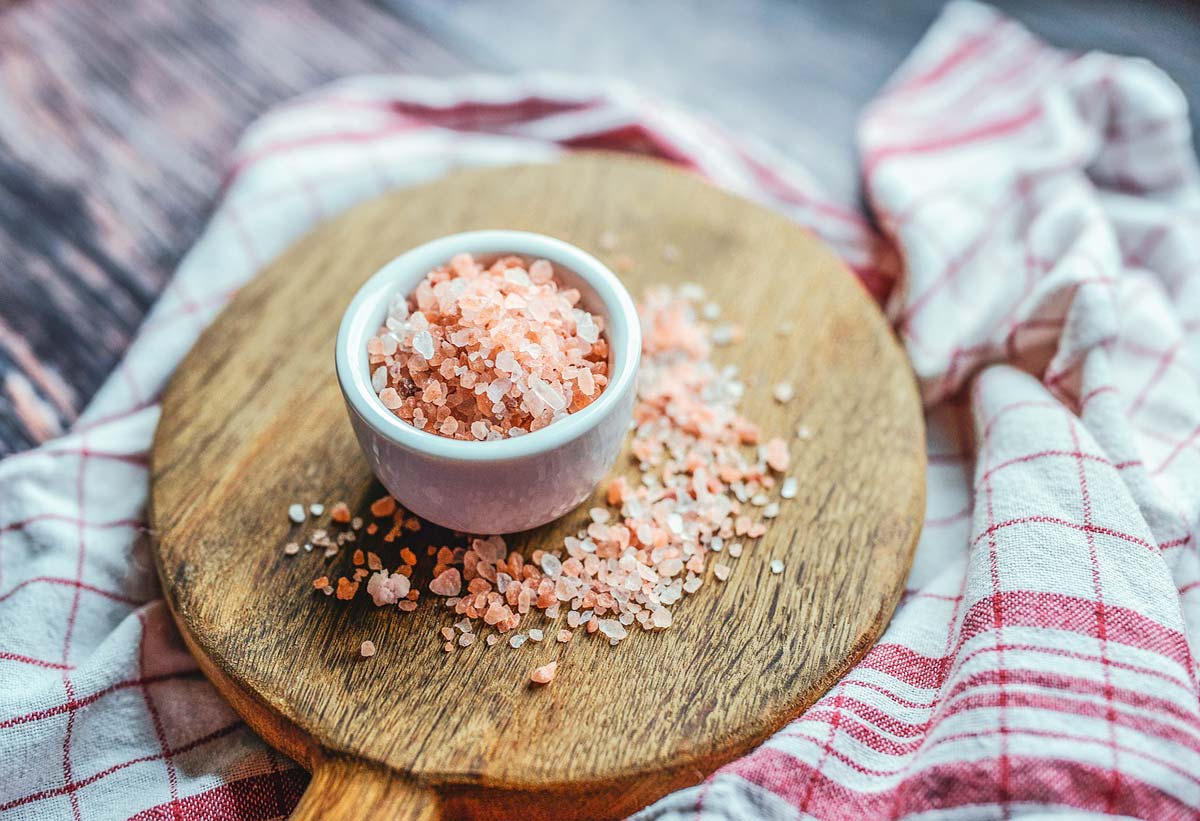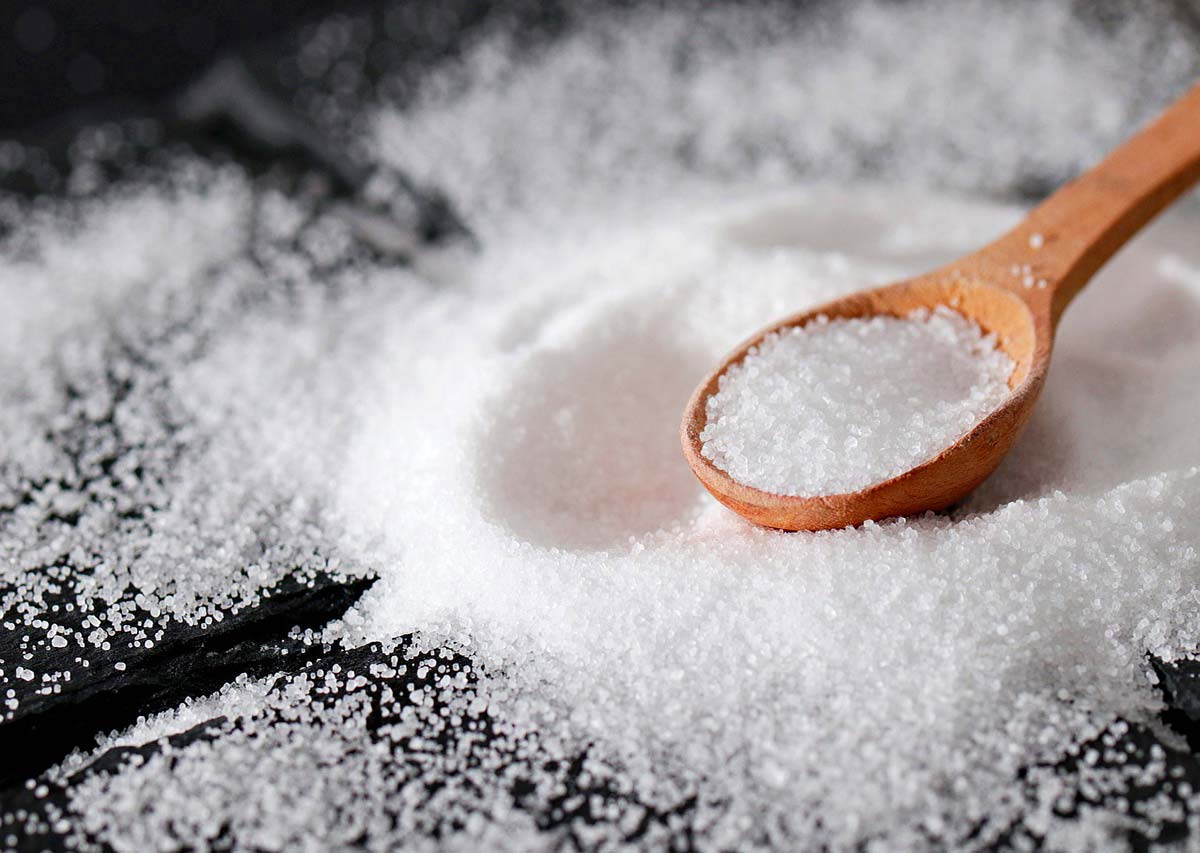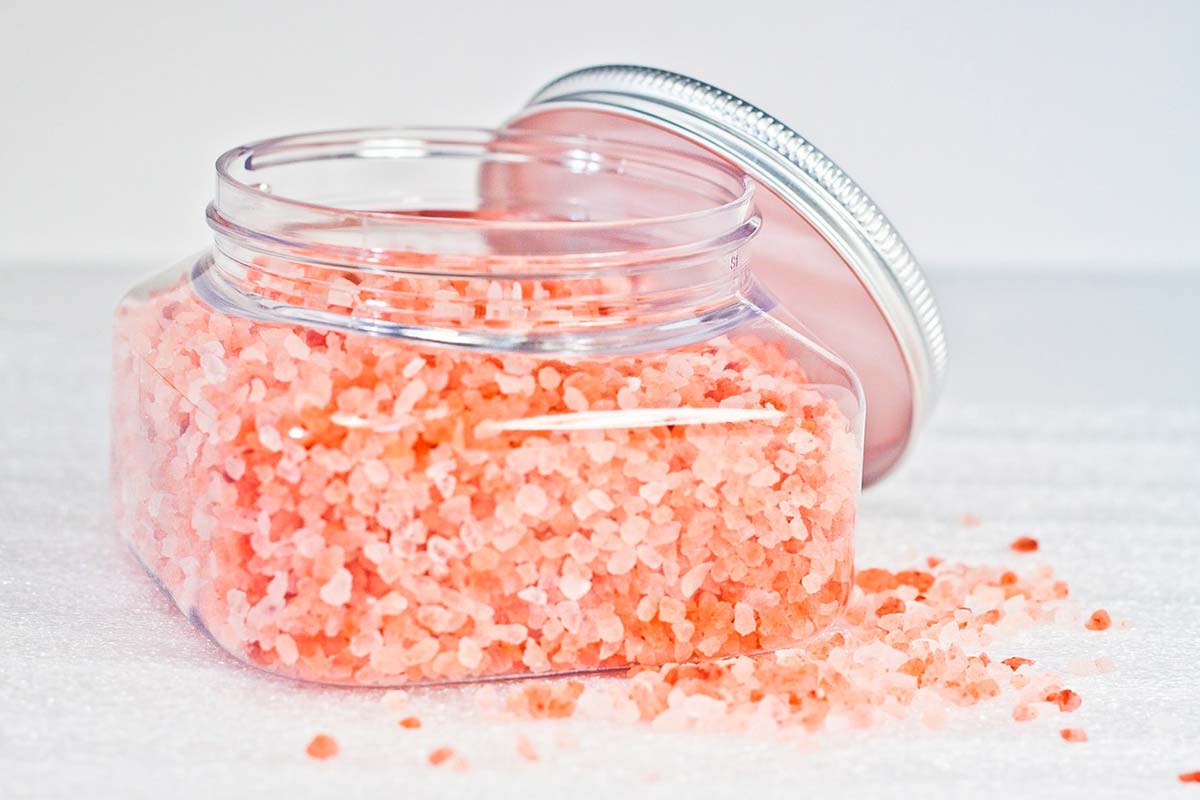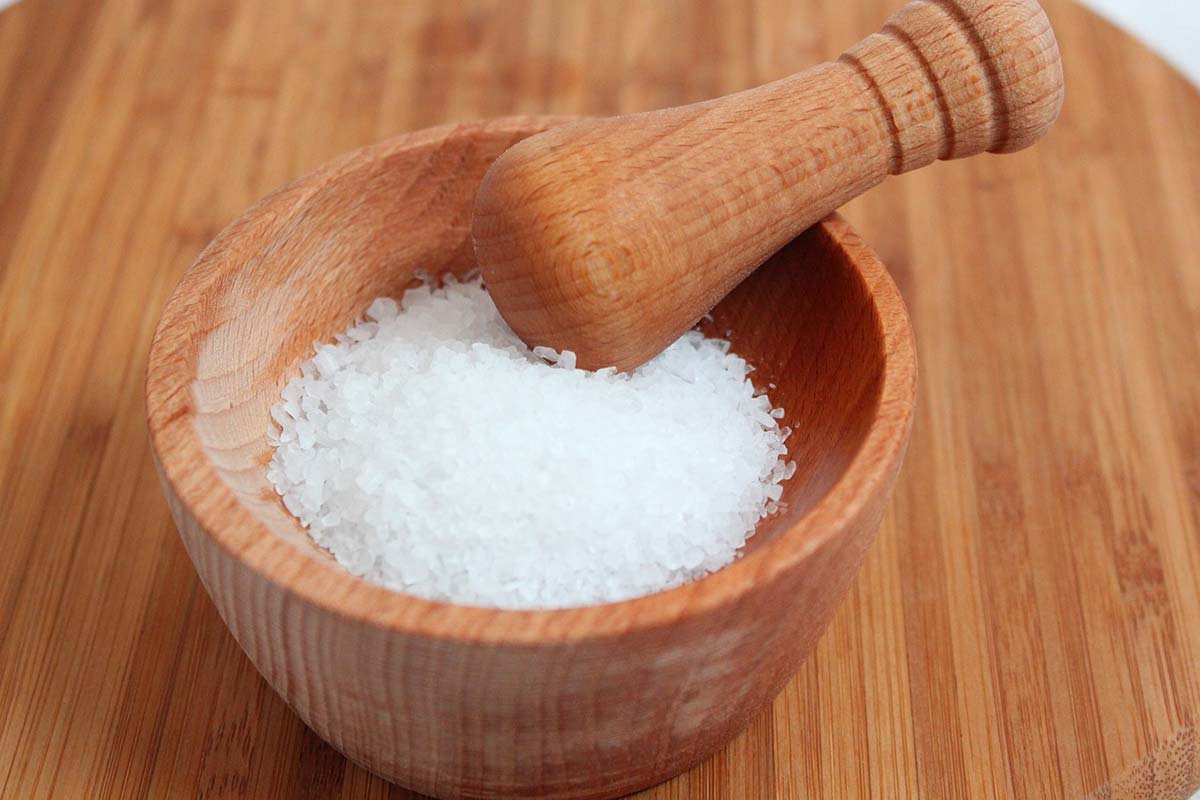Edible salt, or table salt, is an essential component of the human diet and plays several critical roles in maintaining health and well-being. Here’s how edible salt is used in the human body:
1. Electrolyte Balance:
Sodium, a key component of salt, is an electrolyte essential for maintaining fluid balance in the body. It helps regulate blood pressure, nerve function, and muscle contraction. Sodium works in conjunction with potassium, another electrolyte, to support proper cellular function and nerve impulse transmission.
2. Hydration:
Salt plays a crucial role in regulating hydration levels within the body. Sodium ions help to maintain the balance of fluids both inside and outside cells, ensuring proper hydration and preventing dehydration. Salt also stimulates thirst, encouraging individuals to consume adequate fluids to stay hydrated.
3. Digestion:
Salt contributes to the production of gastric acid in the stomach, which is necessary for the digestion of food. Gastric acid helps break down proteins, aids in the absorption of nutrients, and provides a hostile environment for harmful bacteria.
4. Taste Enhancement:
Salt is a natural flavor enhancer that adds savory and salty taste to food, making it more palatable and enjoyable. It helps to balance and accentuate other flavors, enhancing the overall sensory experience of food.
5. Food Preservation:
Salt has been used for centuries as a preservative to inhibit the growth of bacteria, yeast, and mold in food. It creates a hostile environment by drawing out moisture from microorganisms, thereby preventing spoilage and extending the shelf life of perishable foods.
6. Nutrient Absorption:
Sodium plays a role in the absorption of certain nutrients, such as glucose and amino acids, in the small intestine. It helps transport these nutrients across cell membranes and facilitates their uptake into the bloodstream for use by the body.
7. Fluid Regulation:
Salt helps regulate blood volume and blood pressure by influencing fluid balance in the body. It works in conjunction with the kidneys to control the excretion of water and maintain stable blood pressure levels.
8. Nerve Function:
Sodium ions are crucial for the generation and transmission of nerve impulses throughout the body. They help propagate electrical signals along nerve cells, enabling communication between the brain and various organs and tissues.
9. Muscle Function:
Sodium ions play a vital role in muscle contraction and relaxation. They help regulate the balance of calcium ions within muscle cells, which is essential for proper muscle function and movement.
10. Overall Health:
While salt is essential for various physiological functions, excessive salt intake can have adverse health effects, including high blood pressure, cardiovascular disease, and kidney problems. Therefore, it’s important to consume salt in moderation as part of a balanced diet.
In summary, edible salt is a multifunctional mineral that plays crucial roles in hydration, digestion, taste perception, food preservation, nutrient absorption, fluid regulation, nerve function, and muscle function within the human body. Maintaining an appropriate balance of salt intake is essential for overall health and well-being.
People are drawn to edible salt for several reasons, both biological and cultural:
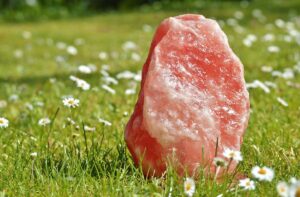
1. Biological Need:
The human body requires sodium for various physiological functions, including fluid balance, nerve transmission, and muscle contraction. Since salt is one of the primary sources of sodium in the diet, our bodies have developed a preference for its taste as a way to ensure we consume enough sodium to meet our biological needs.
2. Flavor Enhancement:
Salt is a natural flavor enhancer that can bring out the taste of food by balancing and accentuating other flavors. It adds a savory or salty taste that can enhance the overall sensory experience of a dish, making it more enjoyable to eat.
3. Cultural Influence:
Salt has been an integral part of human culture and cuisine for thousands of years. It has been used not only as a seasoning but also as a preservative and a symbol of hospitality and abundance in many cultures around the world. As a result, people often have a cultural affinity for salt and its role in culinary traditions.
4. Texture:
In addition to its taste-enhancing properties, salt can also alter the texture of food. It can help to tenderize meat, enhance the crispiness of baked goods, and add a satisfying crunch to snacks like pretzels and potato chips.
5. Comfort and Habit:
For many people, salt is a familiar and comforting ingredient that they have grown accustomed to using in their cooking. It can evoke feelings of nostalgia and familiarity, making it a staple in their culinary repertoire.
6. Social and Environmental Factors:
The availability and affordability of salt vary depending on geographical location and socioeconomic factors. In regions where salt is abundant and inexpensive, it is often used more liberally in cooking and food preservation practices.
7. Perceived Health Benefits:
While excessive salt intake can have negative health effects, some people believe that consuming moderate amounts of salt is beneficial for their health. They may be attracted to the perceived benefits of salt, such as improved hydration, electrolyte balance, and flavor enhancement.
Overall, people like edible salt for its ability to enhance the flavor and texture of food, its cultural significance, and its role in meeting biological needs. However, it’s important to consume salt in moderation to maintain a healthy diet and prevent potential health problems associated with excessive salt intake.
Looking for edible salt: Click here

